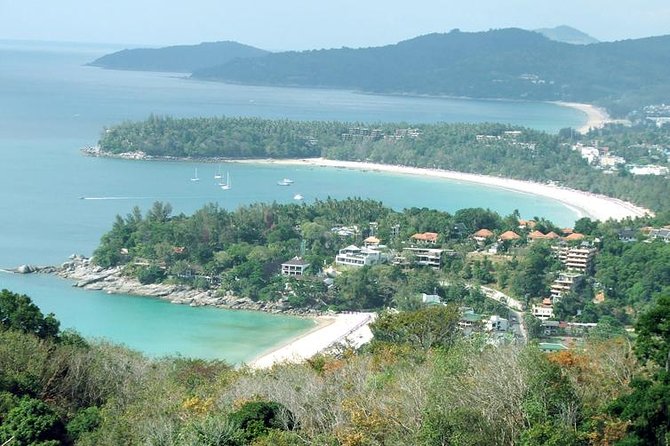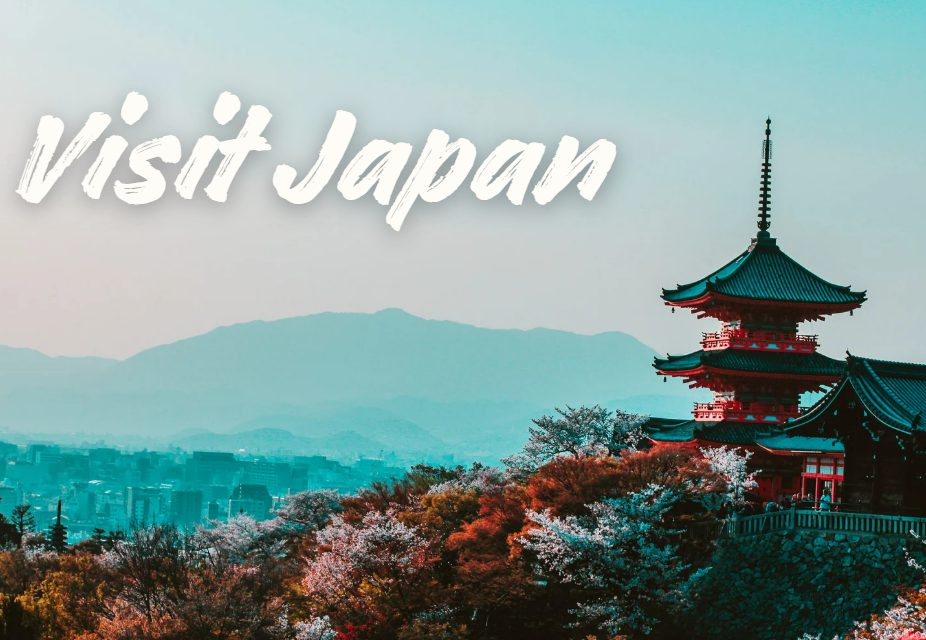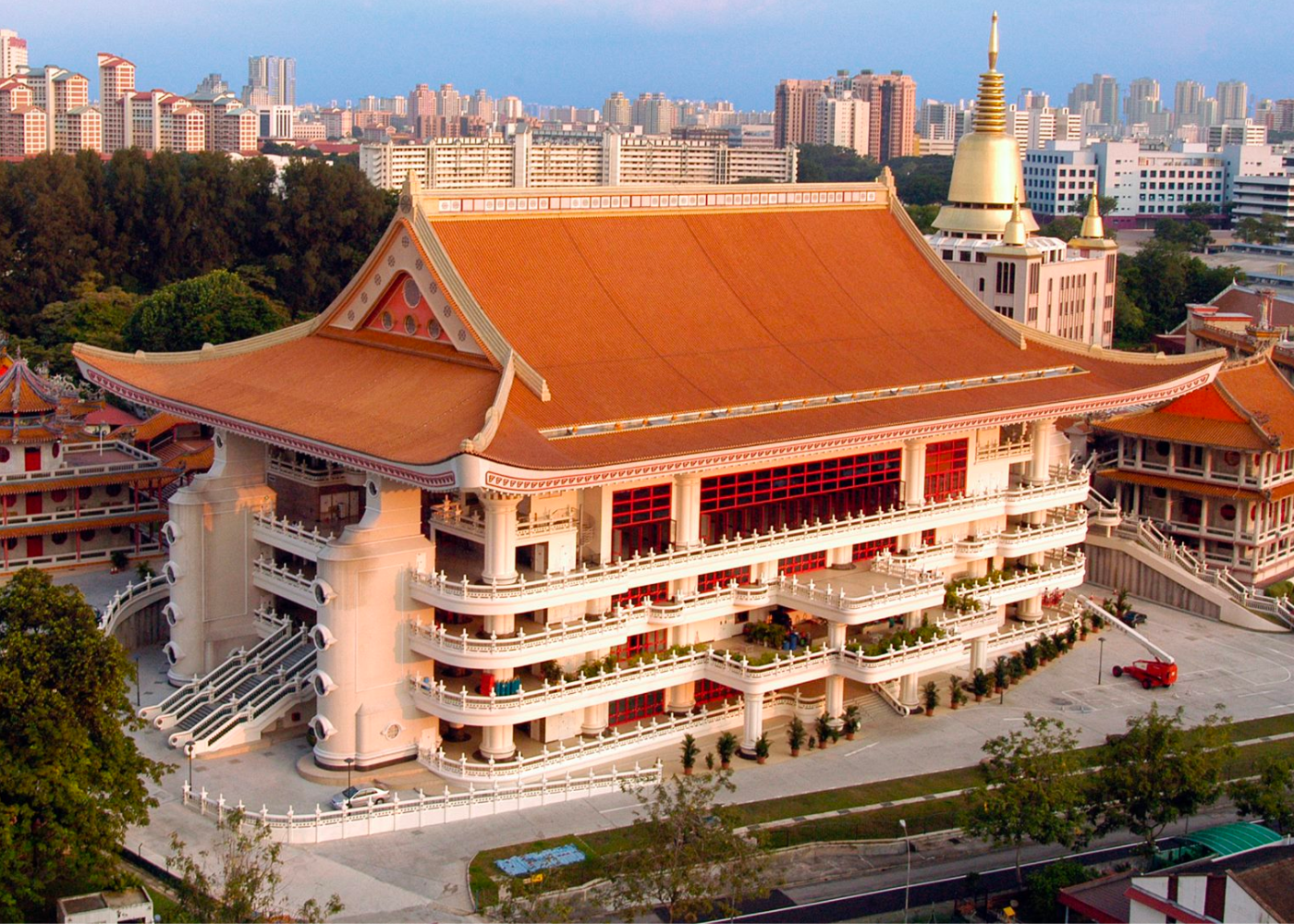
Uncovering Phuket’s History – From Ancient Seafaring Origins to Modern Wonders
Greetings from Phuket, Thailand’s stunning island in the Andaman Sea, where the memories of ages past reverberate in every grain of sand! This historical voyage will take you from the island’s prehistoric maritime beginnings to its current position as a popular tourist destination. Come along as we explore the waterways of Phuket’s colourful past, where legends of sea gipsies, colonial powers, and thriving tin commerce meet.
The Sea Gypsies’ Legacy
The first people to live in Phuket were the Sea Gipsies, whose lasting influence can be seen throughout the history of the island. These groups, who were nomad mariners, had an unmatched connection to the water and were skilled in both fishing and commerce. Phuket’s seafaring identity was established by its long-standing maritime traditions and deep knowledge of the Andaman Sea. The island’s customs and rituals are influenced by the Sea Gipsies’ legacy, which endures in its cultural fabric. The spirit of these maritime pioneers greets visitors to Phuket’s coasts today, demonstrating the Sea Gipsies’ lasting influence on the island’s diverse landscape.
Malay and Siamese Influences
Phuket’s identity has been shaped over centuries by the delicate weaving of Malay and Siamese elements into its cultural tapestry. Under the influence of these kingdoms, Phuket developed into a thriving cultural mash-up. Because the word “Phuket” is derived from the Malay word “Bukit,” which means hill, it demonstrates this historical interaction. Over time, the island assimilated and welcomed the subtle cultural influences of its surrounding areas, resulting in a distinctive fusion that adds to the varied appeal of Phuket today.
Tin Mining Boom
When significant tin reserves were discovered in the 16th century, Phuket underwent a radical change and saw a tin mining boom. Chinese immigrants came in droves to the island, bringing with them a vibrant business that completely changed its economic structure. In addition to drawing the attention of European nations like the Portuguese and Dutch, this priceless resource also helped put Phuket on the map of international trade. The tin mining boom not only had a lasting impact on the economic history of the island, but it also created the foundation for Phuket’s current multicultural vibrancy.
Colonial Era and Foreign Intrigues
In the 1800s, Phuket became entangled in the web of British colonial aspirations to increase their control over the island. Nevertheless, Phuket’s strong local leaders were able to negotiate with the British and preserve the island’s independence from the prevailing colonial power. This period of Phuket’s history demonstrates the islanders’ will to forge their own path in the face of foreign meddling. Phuket’s resilience and dedication to maintaining its distinct cultural legacy are demonstrated by its ability to negotiate the challenges of the colonial era.
World War II and Japanese Occupation
With the Japanese takeover of the island, Phuket was affected by World War II. Phuket was a strategically important location for the war effort. Discovering relics like bunkers and fortifications nowadays provides a window into this turbulent era. The Japanese occupation made an enduring impression on the history of the island, demonstrating Phuket’s fortitude in the face of adversity and providing a concrete link to the world events of the mid-20th century.
Post-War Renaissance and Tourism Boom
Following World War II, Phuket experienced economic difficulties that led to a calculated move in the direction of tourism. The island saw a revival in the 1970s, centred on its natural beauty and cultural diversity, thanks to a decrease in tin prices. Phuket’s charm was built on its immaculate beaches, verdant surroundings, and colourful customs. Infrastructure improvements, such as the construction of an international airport, set the stage for the island’s transformation into a popular tourist destination, permanently altering its economic course and making it a tropical refuge for visitors from all over the world.
Modern Wonders and Ongoing Challenges
Phuket’s contemporary character is reflected in the colours of its breathtaking beaches, exciting nightlife, and varied cultural offerings. Despite its success, the island’s tourism industry is not without its problems. An intricate balancing act is required due to infrastructure constraints and environmental concerns. The endeavour to balance the expansion of tourism with sustainability is a reflection of Phuket’s dedication to protecting its natural beauty and guaranteeing the welfare of its citizens. Despite these obstacles, Phuket keeps developing as a popular travel destination, armed with beautiful Phuket City Hotels, the most famous being NH Boat Lagoon Phuket, providing a harmonious fusion of contemporary marvels and ethical tourism methods.


